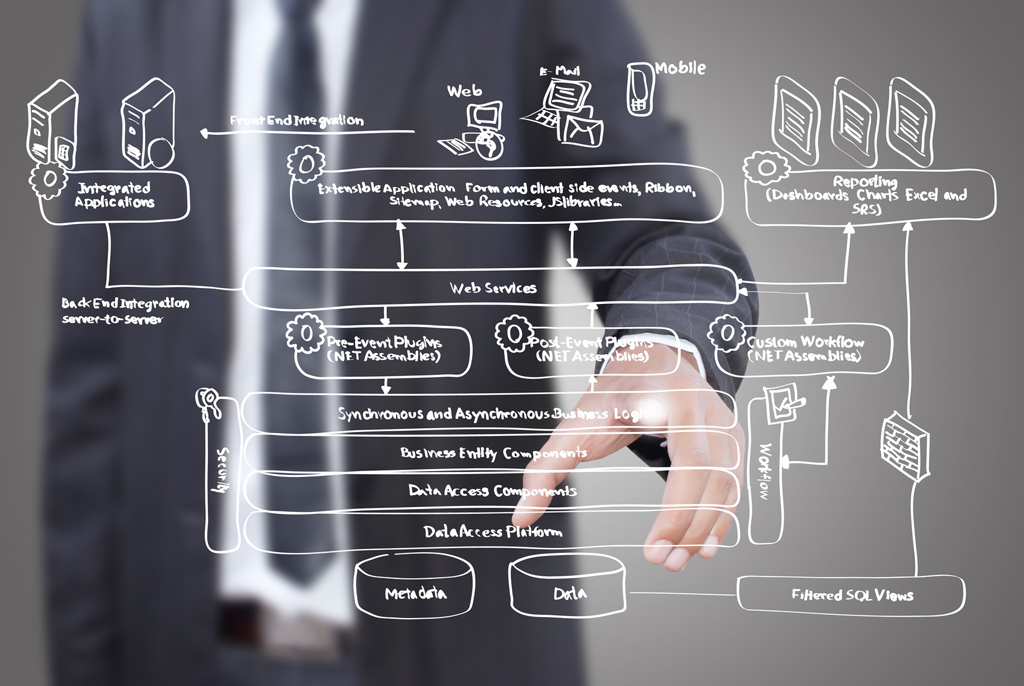
Within the past few years, social media has exploded. More businesses than ever are engaging consumers through social media, allowing them to boost revenue and build relationships while dramatically cutting their advertising expense.
The most popular social media platforms used by businesses are Facebook, Twitter, YouTube and LinkedIn. Social Media is all about sharing – thoughts, stories, comments, pictures, videos, music, friends and products.
In the past, businesses had to rely on traditional media such as television, radio, newspaper and magazines to engage consumers. Traditional media is a very one-sided way of communicating with customers. The only way businesses have to gauge success of traditional advertising campaigns is sales numbers.
Social media, on the other hand, allows live, instant, two-way communication with customers. It allows business owners and marketers to quickly disseminate information which is instantly received by consumers. They can also use analytics software to see who is reading their messages, who is replying, who is forwarding a message on to their friends, etc.
Build and maintain relationships. Businesses are able to create and build relationships with potential customers and existing customers. Once connected, they are able to communicate sales promotions, tips and tricks, important industry news, upcoming events, new products and other information.
Monitor and analyze communications. Companies are able to monitor and analyze the effectively of their promotional programs. When things aren’t going according to plan, managers can quickly identify and correct problems.
According to a 2010 study of marketing managers at Fortune 500 companies:
This study shows that social media and web 2.0 technology isn’t just a great way to reach consumers and build relationships, but that it directly translates to decreased operating costs and increased revenue. With this information in mind, there is no time like the present to establish a social media identity for your company!